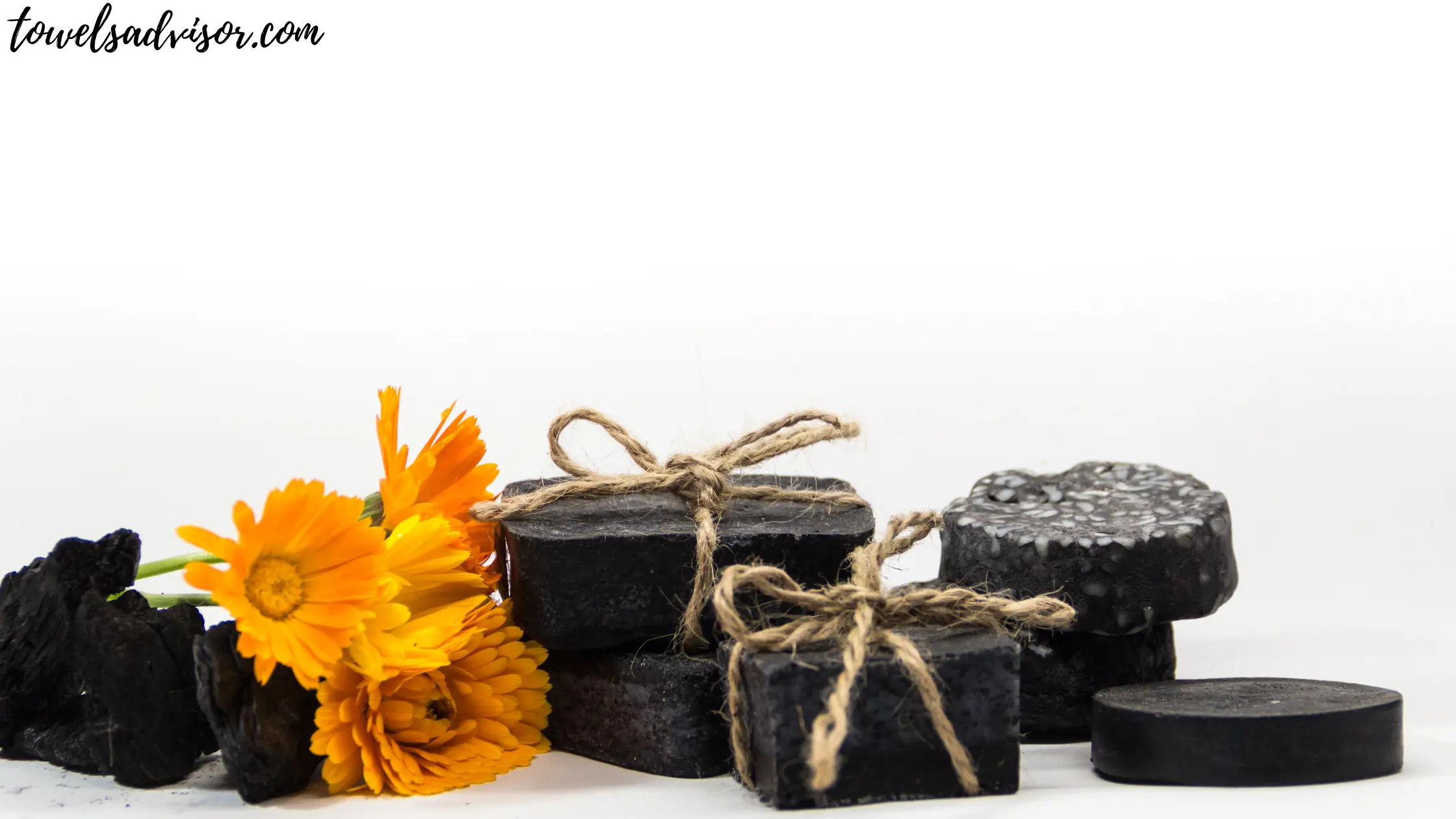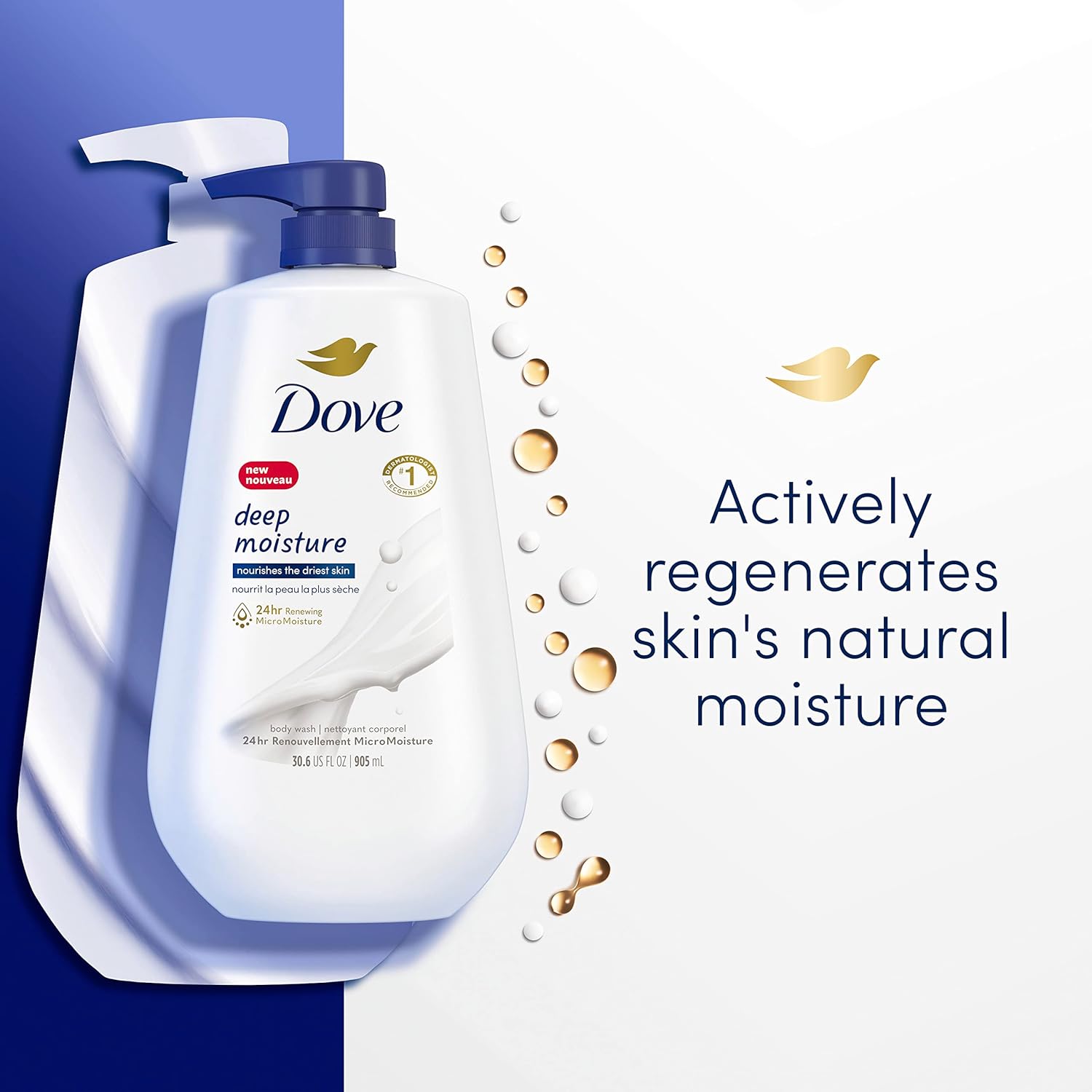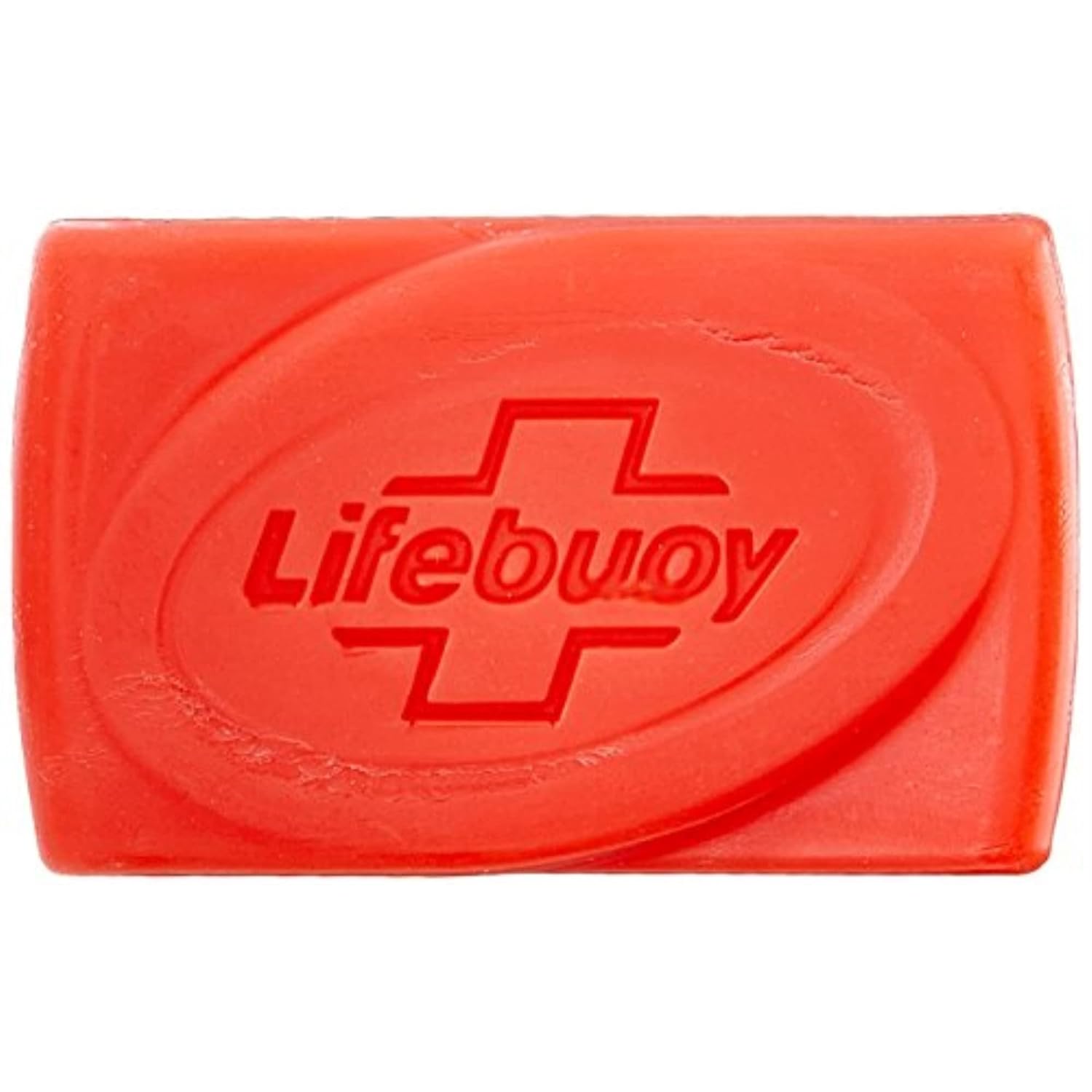Introduction
In the ever-evolving world of skincare, one product has risen to prominence, capturing the attention of beauty enthusiasts worldwide—the African Black Soap (ABS). This humble soap, with its roots deeply embedded in African tradition, has become a trending skincare miracle that everyone needs to try.
Table of Contents
African Black Soap
African Black Soap isn’t just a recent fad; it carries a rich history. Originating from West Africa, this soap has been a staple in many households for centuries. Crafted with meticulous care, it’s a product of tradition, with recipes passing down through generations.

Key Components of African Black Soap
What makes ABS stand out are its natural components. Shea butter, plantain peel, cocoa pods—these ingredients not only cleanse but also nourish the skin. The unique blend sets ABS apart from conventional soaps, providing a holistic skincare experience.
Also Read: Irish Spring Soap
Benefits for Skin
The moisturizing properties of ABS make it a game-changer for those battling dry skin. Additionally, it’s celebrated for its therapeutic effects on various skin conditions like acne, eczema, and psoriasis. The natural goodness packed in each bar makes it a go-to solution for healthier skin.
How African Black Soap is Made
Crafting these Soap is an art. The process involves sun-drying plantain peels, cocoa pods, and palm leaves, followed by careful blending and curing. This traditional method ensures the soap retains its potency, offering users the best of nature’s bounty.
Different Varieties of African Black Soap
As the popularity of ABS grows, regional variations and unique blends emerge. From Ghanaian black soap to Nigerian variants, each carries its own special touch. Understanding these differences helps users choose the right type for their specific skincare needs.

Celebrity Endorsements and Influencer Trends
ABS has found its way into the routines of many celebrities and influencers. The power of social media has propelled its popularity, with famous figures praising its benefits. The trend doesn’t just stop at Hollywood; it’s a global phenomenon.
Common Misconceptions about African Black Soap
With popularity comes myths. Addressing misconceptions is crucial. ABS isn’t a one-size-fits-all solution, and understanding how to use it correctly dispels doubts. Education is key in maximizing the potential of this skincare gem.
Eco-Friendly Packaging and Sustainability
Beyond its impact on skin, ABS is making waves in eco-conscious circles. Brands are stepping up with environmentally friendly packaging, contributing to a sustainable future. The push for ethical practices in the industry is gaining momentum.
How to Incorporate African Black Soap into Your Skincare Routine
For those new to ABS, integrating it into your routine might seem daunting. Fear not; a step-by-step guide awaits. Discover the seamless blend of ABS with other skincare products and witness the transformative effects on your skin.
Real-Life Success Stories
The true testament to ABS lies in the stories of individuals who’ve experienced its magic. From clearer skin to boosted confidence, their journeys speak volumes. Before-and-after comparisons showcase the tangible results of incorporating ABS into daily life.
DIY African Black Soap Recipes
For the adventurous souls seeking a personalized touch, crafting your ABS at home is a rewarding experience. However, it comes with its own set of reflection. Safety precautions and tips ensure a smooth and successful DIY skincare venture.
Challenges in the African Black Soap Industry
As demand surges, the ABS industry faces challenges in maintaining the delicate balance between traditional methods and modern production needs. Ensuring fair trade and ethical sourcing is paramount to preserving the authenticity of ABS.
Future Trends in African Black Soap
What does the future hold for ABS? The possibilities are exciting—innovations, advancements, and an even more significant presence in the skincare market. As technology and tradition merge, ABS is poised for continued growth and success.
Conclusion
In conclusion, these Soap isn’t just a skincare product; it’s a cultural phenomenon. Its journey from traditional roots to global stardom signifies more than just a beauty trend. It’s a celebration of nature, tradition, and the pursuit of healthier, radiant skin.

FAQs
- Is African Black Soap suitable for all skin types?
- ABS is generally suitable for a variety of skin types, including dry, oily, and combination skin. However, it’s crucial to perform a patch test before widespread use. This involves applying a small amount of the soap to a discreet area of the skin to check for any adverse reactions. Monitoring your skin’s response will help ensure compatibility.
- Can I use African Black Soap daily?
- While daily use is possible for some individuals, it’s not a one-size-fits-all approach. ABS can be potent, and some people may find it more beneficial to use it a few times a week. Pay attention to how your skin reacts to daily use, and adjust your skincare routine accordingly.
- Are there any side effects of using African Black Soap?
- These Soap is generally well-tolerated, but like any skincare product, there is a possibility of mild irritation for some individuals. If you notice redness, itching, or discomfort, discontinue use immediately. If symptoms persist, consult with a dermatologist who can provide personalized advice based on your skin’s needs.
- Can I use African Black Soap on my body and face?
- Yes, ABS is versatile and can be used on both the body and face. Its natural ingredients make it gentle enough for facial use, and its moisturizing properties can benefit the skin on your body. However, exercise caution around sensitive areas, such as the eyes.
- Is it okay to use African Black Soap with other skincare products?
- ABS can be integrated into a skincare routine alongside other products. However, it’s essential to be mindful of potential interactions. Avoid using ABS simultaneously with products containing strong acids or active ingredients, as this may lead to irritation.




